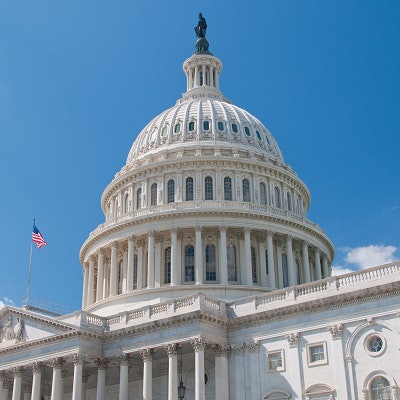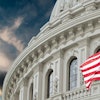
The U.S. House of Representatives today narrowly passed a bill to repeal and replace the Patient Protection and Affordable Care Act (ACA). The bill gives states more control over the essential health services they cover, but it also raises the specter of large-scale disruption in insurance coverage, particularly for individuals with pre-existing conditions.
The bill was the latest version of the American Health Care Act (AHCA), which Republicans were forced to pull from the floor in March after being unable to secure enough votes for passage. A major sticking point was the conservative House Freedom Caucus, which objected to requirements in the AHCA that insurance providers cover essential health services and not charge higher rates to individuals with pre-existing health conditions.
However, the AHCA was revived in late April with an amendment, HR 1628, that would allow states to waive certain ACA requirements, including the ban on charging individuals with pre-existing conditions more for healthcare coverage. States could also waive the requirement that health plans provide essential benefits such as maternity care and prescription drug benefits.
While Freedom Caucus members signed on to the new legislation, questions remained about whether moderate House Republicans would support the bill. To secure their support, sponsors of the AHCA added a provision that provides $8 billion to cover insurance costs for those with pre-existing conditions.
In a tense session on Thursday afternoon, votes piled up until the Republicans reached the threshold of 216 needed to pass; the bill ultimately passed 217-213.
Ironically, as the bill passed, Democrats on the floor of the House burst into song: "Na, na, na, na, hey, hey, hey, goodbye!" -- reflecting their belief that Republicans who support the bill will be punished by votes in the 2018 midterm elections.
The AHCA now goes to the U.S. Senate, where its chances for passage are believed to be even more perilous than in the House. A number of Republican senators have already gone on record as opposing any legislation that would leave million of Americans without health insurance.



















